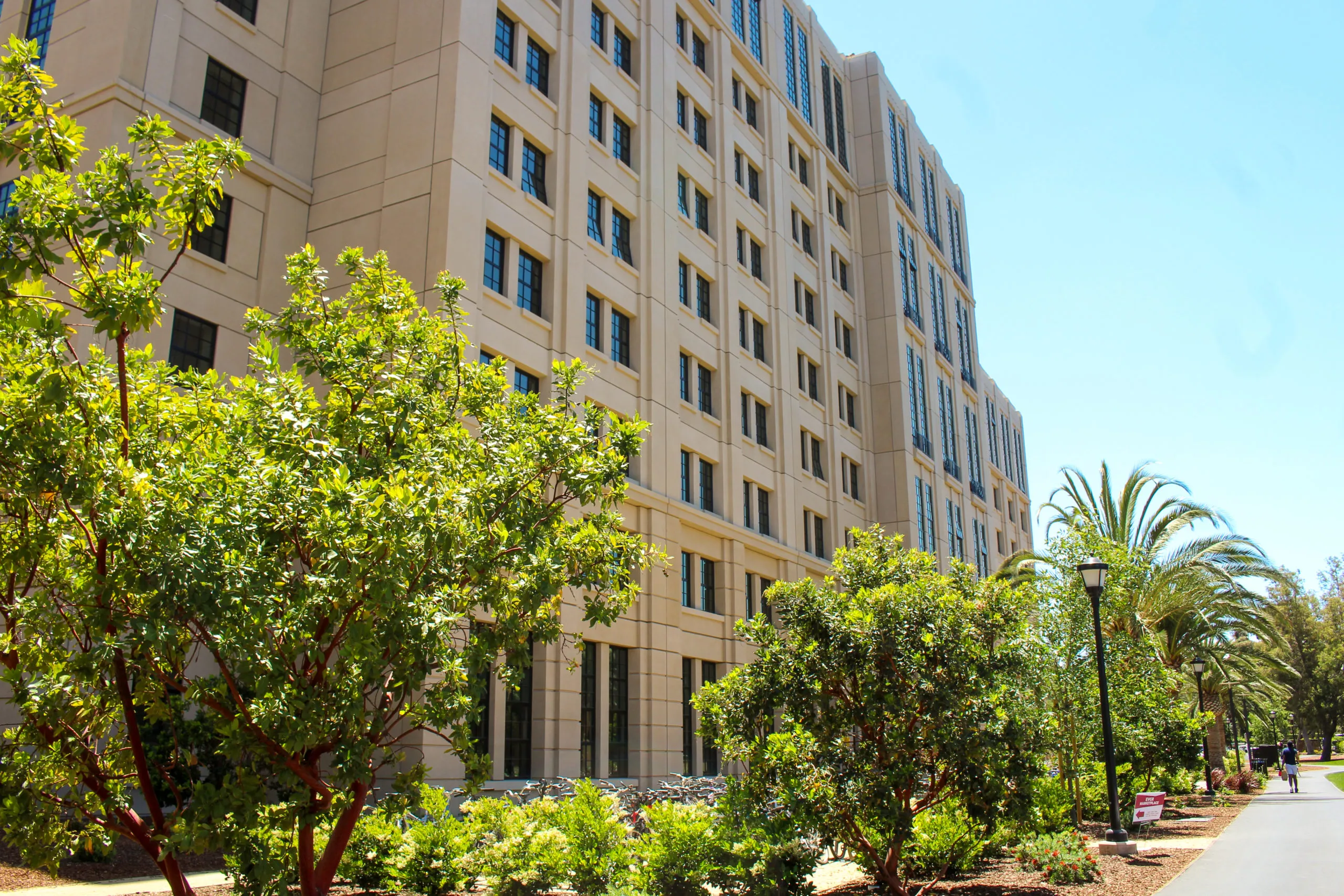The Graduate Student Council (GSC) submitted an amendment to balance undergraduate and graduate student representation in a joint bill establishing an ethical spending committee during its meeting on Monday.
The amended bill, originally authored by Undergraduate Senate (UGS) member Lizbeth Hernandez Rios ’25, would create an ethical spending committee to investigate and identify unethical vendors and investments by student organizations and the ASSU. The GSC previously elected to engage in further discussions with the ASSU about the bill after some councilors expressed uncertainty over the true impact of the committee at its Oct. 28 meeting.
The ethical spending committee bill originally designated three student representatives to sit on the committee, along with certain representatives from the UGS and GSC. The representatives would come from the general student body and be nominated by the ASSU Nominations Commission.
GSC councilors voted to amend this provision to require only two student representatives on the committee — one undergraduate and one graduate student. The amended bill passed with thirteen votes in favor, two abstaining and zero opposed.
“I’d like to just have some enforced number of graduate students [on the committee],” said Zev Granowitz, GSC co-treasurer and fourth-year mechanical engineering Ph.D. student who first proposed an amendment to the bill.
The bill now returns to the UGS to vote on the amendment.
In addition, the councilors deliberated modifying GSC and ASSU funding guidelines for student organizations. Granowitz and Andy Yin, a third-year math Ph.D. student and GSC co-treasurer, presented changes to GSC and ASSU granted funding, aimed at decreasing graduate student activities fees.
The graduate student activities fee increased from $38 last year to $65 for the 2024-25 school year.
“Ultimately, we’re trying to determine the policy that governs how close to a million dollars is paid out, so [the GSC’s funding procedures are] really important,” Yin said, pointing to increased fees.
According to Emmit Pert, GSC co-chair and fifth-year chemistry Ph.D. student, the increase could also have been caused by inflation and a relative lack of funding from the previous year’s GSC.
Major proposed changes included specifying that annual grants should comprise the majority of a voluntary student organization’s (VSO) funding, as opposed to ASSU quick grants, which are meant for “immediate logistical needs.” Making this requirement clear, Yin said, would allow for GSC to determine funding needs more accurately.
